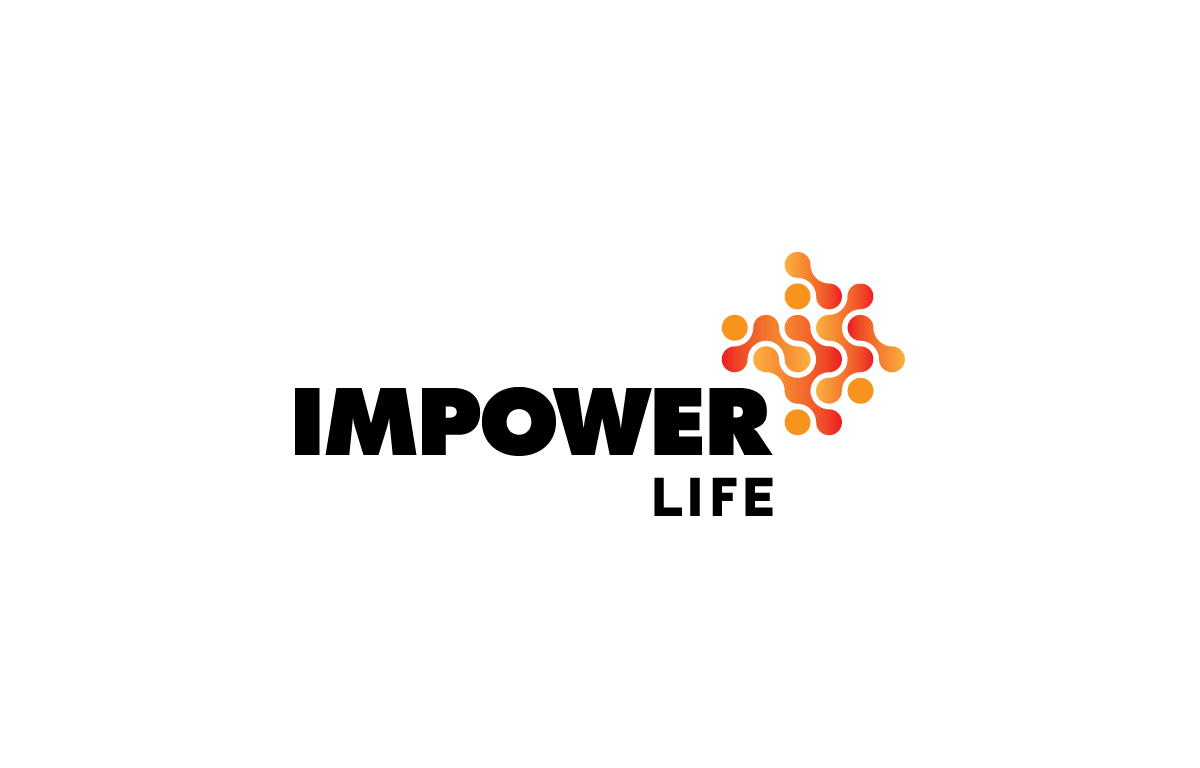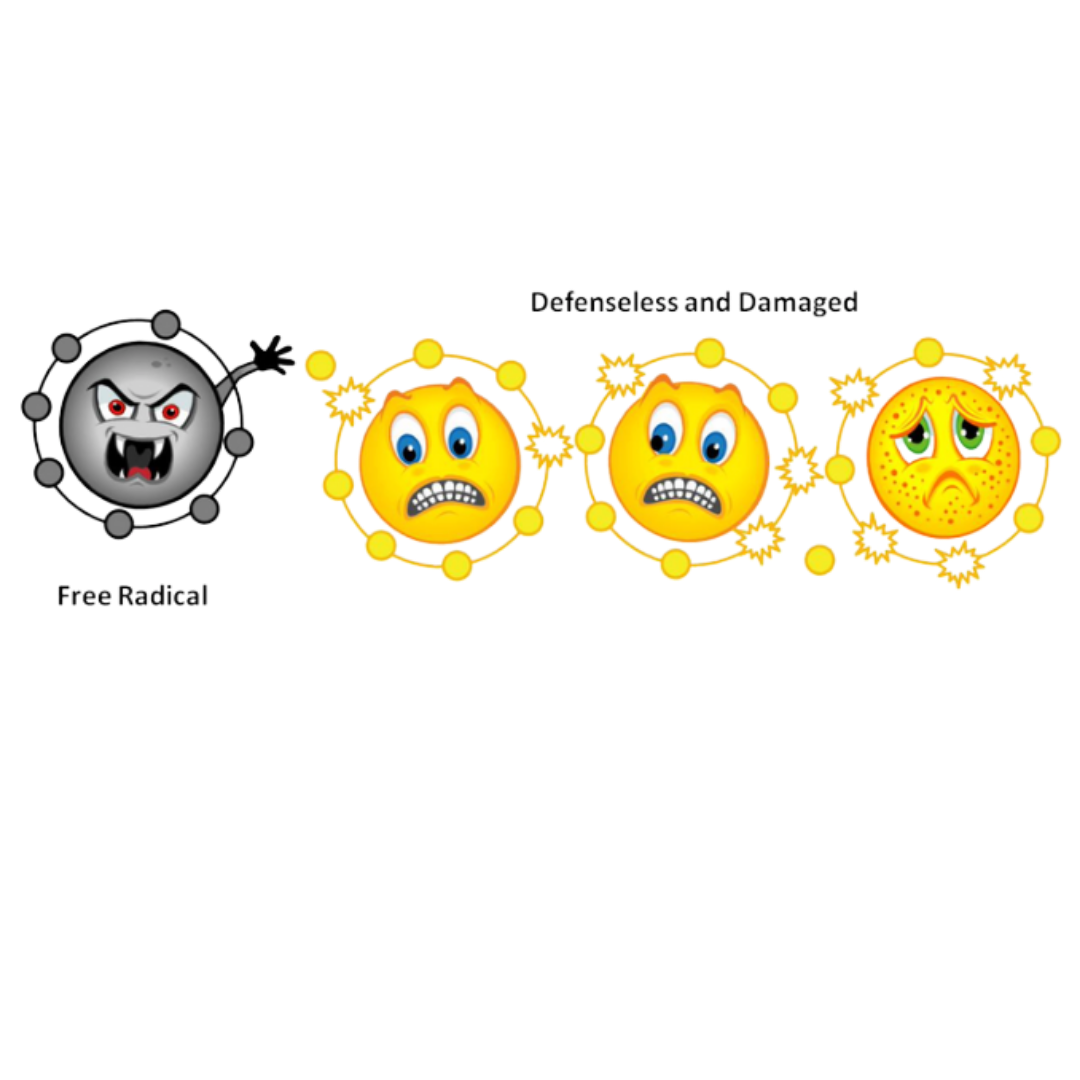11 Proven Benefits of Amino Acid Supplementation
Amino Acids: What Are They And Why Do You NEED Them!
Amino acids are the building blocks of proteins, which means we get them by eating and then breaking down proteins – this will become important in a minute.
Our bodies use these amino acids to create or synthesize other proteins, heal injuries, create hormones, enzymes, neurotransmitters and many other essential functions. Proteins make up thousands of things within us, and everything is made with proteins.
So, if you are trying to recover from a challenging workout, healing from an injury or surgery – you need the amino acids found in proteins. If you want your brain and organs to function correctly – you need amino acids.
One of the most significant functions in the body is “detoxing”. The truth is if you don’t detoxify your body everything goes wrong until you die. Detoxing is going on all the time but guess what? Your liver does that, not some magical Amazon berry or powdered Unicorn horn. What does the liver need? Amino acids, vitamins, enzymes, and oxygen to convert and package up used hormones like insulin, estrogen, etc. and other wastes. Out of all the hundreds of functions, your liver performs, ensuring the safe removal of wastes and toxins is one of its most crucial jobs.
Optimal liver function is critical!
It should be clear that we need protein, so let’s walk through getting some.
Almost every food contains some protein, but when you eat meats like beef, chicken, seafood, or legumes like beans or other grains and seeds, you are getting a lot more. After eating, your stomach breaks down the proteins creating significant amounts of ammonia. If you’ve ever been around bodybuilders or people that consume large amounts of protein, you’ll likely have noted the smell. I remember when I was consuming 300-400g of protein a day, my clothes had this strong smell of ammonia, at the time I wasn’t sure what was going on.
But there is a catch, ammonia is toxic, and it’s hard on your guts, so your liver takes it and converts into the less harmful substance called urea. The urea is then passed on to your kidneys and eliminated with your urine. If your liver cannot use a waste, it is converted and eliminated in your bile or again passed off to the kidneys. Urea actually has some very important functions but we will discuss that in another blog post, however like anything "the dose makes the poison" and urea still needs to be eliminated by your kidneys through your urine.
If everything goes well, you are in good health, and you have enough protein, vitamins, etc. this process runs smoothly, and you’ll never notice. However, if you have a chronic illness or an acute or chronic deficiency of proteins or vitamins and minerals, this process becomes inefficient, and problems show up.
Your liver detoxifies harmful substances in two steps.
The first step uses oxygen and enzymes to oxidize (burn/breakdown) toxins, in particular fatty ones, making them more water-soluble and easier to eliminate.
The second detox step the second step uses sulfur or amino acids to package them and pass the off either through bile and excreted into the small intestine or urine.
It's important for both steps of the detoxification process to be in balance, this means getting enough nutrition for each step to work.
For both steps to be in balance, there must be enough resources (nutrition). When there aren’t enough resources for the first stage, toxins aren’t broken down fast enough and recirculate with your blood until sufficient resources are available to remove them. Kind of like when you're trying to find a parking space at Walmart and you keep going around in circles looking for a parking stall adding to the traffic jam.
Likewise, if the first step is operating quickly, but the second stage doesn’t have the resources to keep up, these partially processed toxins build up in your body. Much like our previous example, only now you found a parking spot only to get inside the Walmart and there’s line-ups at every til and all the customers are getting frustrated with the wait. When these 2nd stage wastes build up they can do more harm than the original wastes.
This can happen when you’re exposed to an excessive amount of toxins through the environment or diet, or if you have an illness or nutrient deficiency. In many cases the nutrients needed for the second stage can become exhausted, preventing your liver from efficiently processing these wastes leading to potential health issues. Many conditions can be sub clinical, meaning they are not easily detected in lab tests or show few signs and symptoms by physical examination, such as less than optimal thyroid function.
These Free radicals can do more harm than the original toxins.
If those weren’t sufficient reasons to increase your protein or amino acid intake here is another. Your liver also breaks down and deactivates hormones - like insulin, estrogen, and cortisol (the stress hormone) - and clears them from your blood.
It doesn’t take a biochemistry degree to see that having insulin, estrogen or cortisol hanging around longer than they should might make weight loss, recovery or better health more challenging.
By now, the need for sufficient protein and nutrients to support optimal liver function should be abundantly clear.
So I guess we need a good source or protein, right?
Can we get all our needs from whole foods? Yes and no, it really depends on your situation. If you are healthy, aren’t on any extreme diets and don’t have any deficiencies, the ammonia you get from food is something you should be able to handle. But with diets like Keto, Paleo, Carnivore or other very low carbohydrate diets you will be converting large amounts of protein and fat into glucose. This is unavoidable.
So, while it is true that you can get quality proteins from food, the unfortunate fact is that most of the protein in the foods you eat are NOT brokendown into amino acids – but rather lost to nitrogen and ammonia waste that need to be eliminated.
Here are some examples:
Eggs - 55% of the protein content is lost to ammonia. A 50g large egg has 6g of protein of which leaves you with less than 3g of amino acids.
Dairy - 70% is lost to ammonia. One cup of fat-free skim milk is 8.3g of protein, which leaves you with less than 2.5g of amino acids.
Meats (beef, chicken, fish) - 75% lost to ammonia. Four ounces of rib-eye steak is 34.8g of protein, which leaves you with 8.7g of amino acids.
Plant proteins - >85% lost to ammonia. One cup of lentils is 17.9g of protein, which leaves less than 2.7g of amino acids.
Sadly, most of that expensive post-workout shake, delicious steak, or lentil and chickpea protein heavy meal is lost to ammonia and contains many calories you may or may not want. This ammonia is additional stress on your digestive system, liver and kidneys in exchange for an average of just 30% of its protein value in actual amino acids.
You may be getting enough protein but how are you handling the excess ammonia? Are you getting enough nutrition? How is your recovery, sleep, weight loss, energy levels and metabolism? Do you have brain fog? Is your digestion good, sex drive strong, hair, nails and skin quality good? Do you get sick often?
Our North American diets are full of overly processed foods, some of these foods vary greatly in nutrient density. Animal foods can vary in nutritional density by as much as 4x and plant foods by up to 400x! There isn’t a food app that can address that, so we have to pay attention to any symptoms and niggling injuries. If you think you are doing everything right but you aren’t making progress and you have some of the symptoms listed above, it may be time to dig deeper and you may need a supplement.
Don’t get me wrong; I’m all about real whole foods like steak, eggs, dairy, or a good lentil Dhal but when you’re traveling, training or your day is plain full, and you have only minutes to figure out how to get all the amino acids you require to stay on top of your game, you may want to have some amino acids on hand.
Now a quick recap…
Here are the top 11 benefits of consuming “the right” high quality amino acids:
Reduce ammonia – Less ammonia induced brain fog - see our blog post on Ammonia.
Reduce stress on the digestive system by having less ammonia in our system and with less resources used handling it our body can improve digestion, and Absorption of nutrient.
Reduced load on the liver, allowing the liver to remove wastes, toxins, and hormones that can make weight loss, recovery and healing harder and less efficient.
Reduced load on the kidneys by reducing ammonia means the liver converts less ammonia to urea, which in turn means less urea for the kidneys to excrete.
Improved Healing and recovery,
Improved Skin and hair quality,
Increased Libido (who doesn't want a better sex drive, right?) - sex drive is intricately linked to resources, but survival comes first. So if you want a better sex drive…
Energy (I've got young kids so I need all the energy I can get!),
Mental clarity (bye bye brain fog) - Less ammonia means less ammonia driven brain fog
Reduced symptoms of depression - certain amino acids have been shown to reduce serotonin in the brain while maintaining dopamine levels. More in a future blog.
Better Sleep and more...






